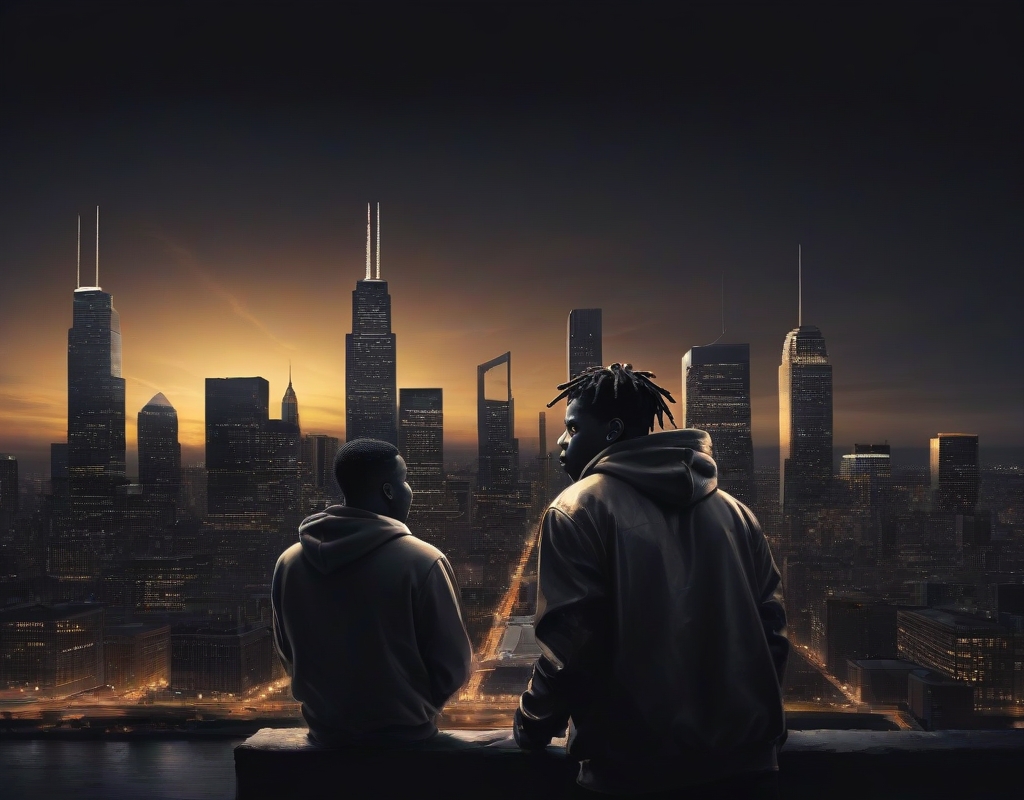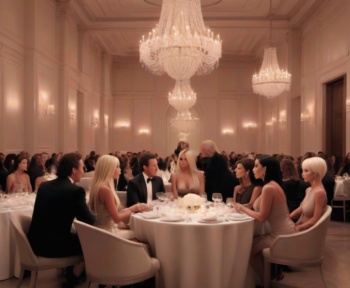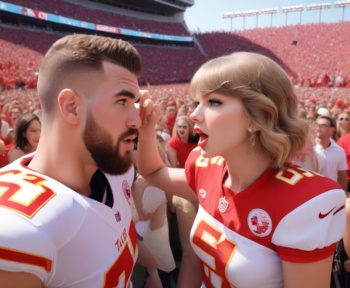In the realm of hip-hop, where lyrics and personas often flirt with themes of adversity and defiance, rapper Lil Durk’s recent legal troubles have eclipsed headlines that typically herald his musical achievements. The accusations placed against him are severe and intricate, involving allegations of involvement in a murder-for-hire plot. This development not only threatens to derail an illustrious career but also stirs significant discourse about the intersection of music, ethics, and law.
The newly minted felony charges accuse Lil Durk of providing financial backing for a murder-for-hire scheme. What escalates these allegations into a major felony tier is the nature of involvement pointed out by ongoing investigations, which have shown a complex pattern of relationships possibly tying entertainment figures to illicit activities.
The case against Lil Durk is part of a broader federal endeavor that delves into connections between elements in the entertainment sector and organized crime units. He is alleged to have played a significant role in facilitating components of the criminal plans, highlighting not only his involvement but also the grave legal consequences that could follow. The heart of the issue lies in whether Dirks’s financial transactions were intended to support criminal endeavors, setting a perilous precedent for his career and personal liberty.
Discussing the broader implications, the rapper has navigated the corridors of justice before, particularly back in 2019 with an incident involving a shooting. Although he turned himself in, claiming his innocence, these occurrences weave a narrative that tends to shadow one’s career indefinitely.
The ramifications of these allegations extend beyond the personal to potentially punitive outcomes including extensive prison time, hefty fines, and a tarnished reputation. Moreover, the severity of the charges suggests solid evidence that could considerably undermine his defense. Documentation and witness accounts carry weight in court, often turning the tide in such serious cases.
Public and industry reactions have varied from staunch support to critical apprehension. Some fans see the ongoing pattern as symptomatic of a broader societal bias, especially towards successful Black artists. Campaigns and social media discussions fluctuate between calls for justice and declarations of solidarity. However, there’s a significant portion of the industry that looks at these developments with a critical eye, questioning the often-toxic glorification of criminality in music lyrics that could potentially influence real-life actions.
Scholars and cultural analysts bring further depth to the discussion, noting the implications of celebrating problematic behaviors through art. Johnathan Mindridge, a legal analyst, emphasizes the judicial focus on financial trails and intent in such cases, which often clinches the prosecution’s case in murder-for-hire scenarios. Meanwhile, cultural critic Aisha Simmonds points to the blurred lines between fictionalized lyrical content and actual activities. She suggests that the industry ought to bolster support for young artists, steering them clear of potential legal and ethical pitfalls.
As the legal proceedings gradually unfold, the spotlight on Lil Durk remains undimmed. The impending trial, potential plea deals, and continued investigations could either exacerbate his predicaments or offer some form of vindication. Strategy-wise, the rapper and his team are now tasked with mounting a robust defense against the charges while concurrently managing the PR crisis impacting his public image and career.
The broader implications of such high-profile cases touch upon the heart of the music industry’s moral and ethical battleground. Can genuine artistic expression coexist with responsible storytelling? How does the industry support authentic creativity without endorsing detrimental lifestyles? Lil Durk’s situation epitomizes these challenges, revisiting the perennial debate over the influence of art on life and vice versa.
This case offers a critical reflection point not only for Lil Durk but for the industry at large — a moment to assess not just the lines of legal battles but the boundaries of ethical artistic representation. As legal strategies and public opinions evolve, the unfolding narrative will likely resonate far beyond one individual, prompting a reevaluation of cultural, ethical, and narrative standards within the hip-hop community and beyond.




